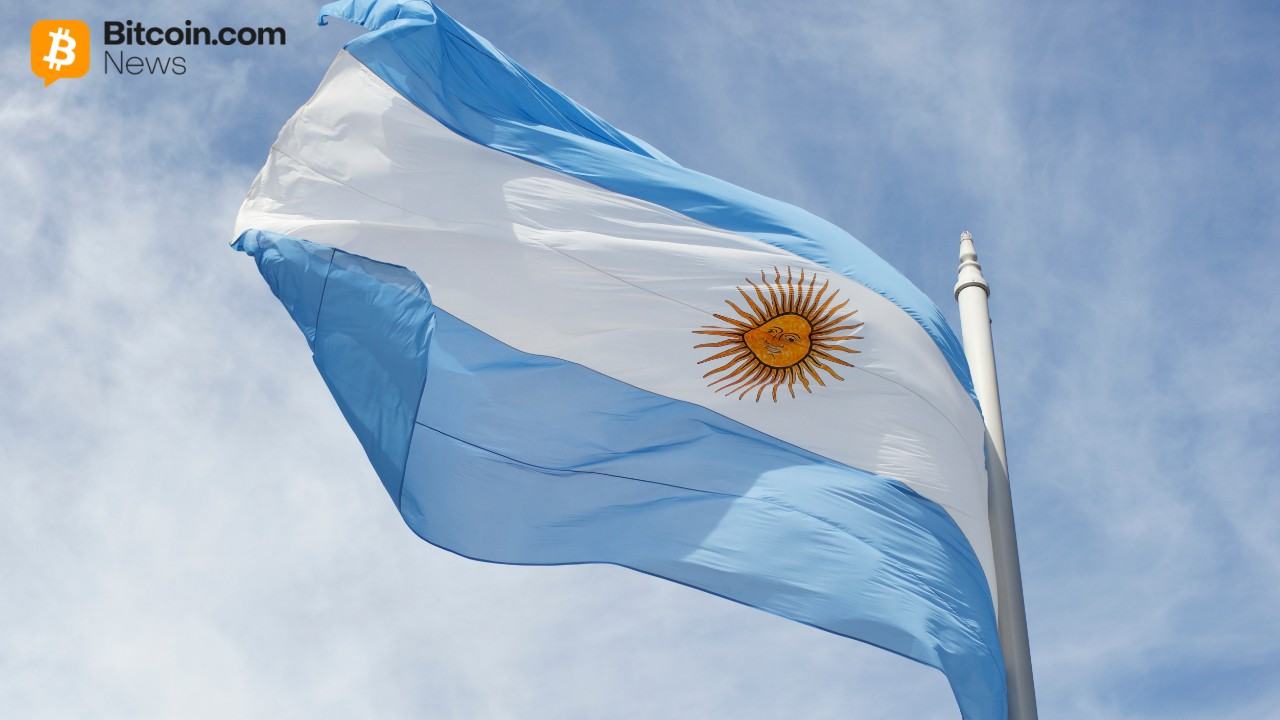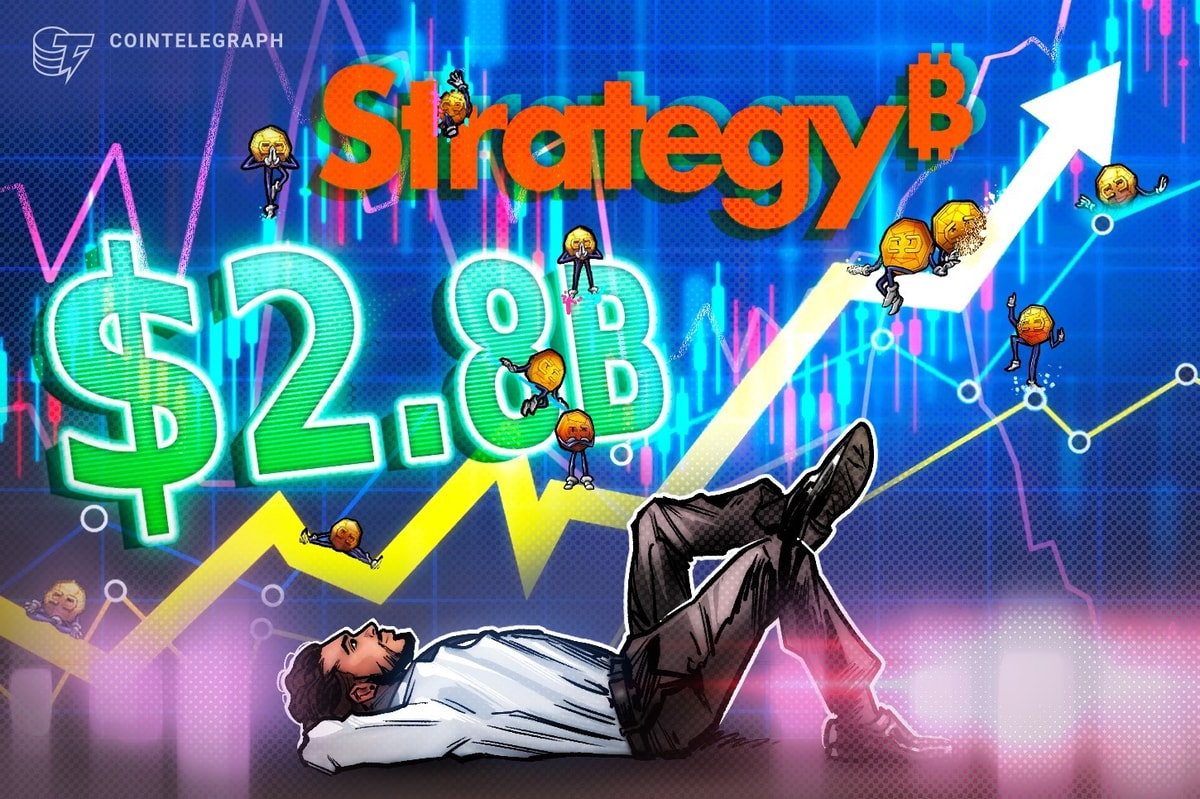No.
The Net International Investment Position (NIIP) is a simple accounting concept. It is the total value of foreign assets owned by Americans in other countries minus the total US assets owned by foreigners. A positive number means that the value (but not the returns) of US-owned foreign assets is greater than the value (but not the returns) of foreign-owned US assets. A negative number means that the value of US-owned foreign assets is less than the value of foreign-owned US assets. More precisely:
What is the international investment position?
The accumulated value of U.S.-owned financial assets in other countries and U.S. liabilities to residents of other countries at the end of each quarter. The difference between assets and liabilities is the U.S. net international investment position.
Like a trade deficit, a negative number here conjures images of indebtedness and financial disaster. And, like a trade deficit, that image is false. Of course, debt can be part of the equation, but it isn’t all of it. In fact, foreign holdings of US debt are falling. Americans are becoming less indebted to foreigners.
But another way the NIIP can be misleading is that, much like the trade deficit, it only captures international transactions, not all transactions. These transactions represent just a fraction of the total US financial market. Consequently, a negative may look like more and more of the nation is becoming foreign-owned. But the reality is just the opposite.
The US Treasury recently released a report on foreign holdings of US financial securities. Figure 2 is quite telling. It breaks down foreign and domestic holdings by type. One thing we see is that the share of US assets owned by foreigners has been generally flat/mildly falling since about 2009. Foreign-owned US assets have accounted for about 20–21% of US assets over the past nearly-two decades. But how can this be when NIIP has fallen over the same time period?
The answer is simple: Both foreigners and Americans want to invest in America. Foreigners invest in the US, so that shows up in the NIIP. But Americans also want to invest more in the US than abroad, so those investments do not show up in the NIIP. The NIIP is falling since the negative side of the equation is getting more negative and the positive side is not rising as fast. But, since America remains a productive place, the value of US assets is rising. Americans are getting wealthier and buying more assets than foreigners are. So, the NIIP falls, but their share of US-owned assets stays the same. The NIIP here is our strength, not our weakness.
For the sake of demonstration, assume the following:
US-owned US assets: $80b
Foreign-owned US assets: $20b
Total US assets: $100b
US-owned foreign assets: $10b
From these numbers, the US NIIP would be -$10b ($10b – $20b) and foreign holdings of US securities would be 20% of the total. Now let’s assume some time has passed, and now we have these numbers:
US-owned US assets: $96b
Foreign-owned US assets: $24b
Total US assets: $120b
US-owned foreign assets: $10b
After this time period, the US NIIP would be -$14b ($10b – $24b), but foreign holdings would still be 20% of total US securities. Americans chose to invest their money in the US, not overseas. Consequently, NIIP falls, but that’s just because Americans are choosing to keep their money domestically!
Paradoxically, if one wants to reduce the NIIP, one must somehow convince Americans to increase their investments abroad and/or convince foreigners to decrease their investments in America. Of course, one way to do that is to make America less competitive through “economic statecraft” (or is it “economic nationalism?” “Reciprocal tariffs?” The buzzwords change so fast). But in the same way that one way to kill a spider is to burn down one’s home, these tariffs do far more harm than good. They are not ideal or even helpful.
Value is all well and good, but returns matter, too. Here we see another paradox: American returns on foreign investments are higher than foreign returns on American investments. In other words, Americans make more on their foreign investments than foreigners make on US investments. Why? Because, again, of how great America is. American securities are relatively safe compared to the rest of the world. So, foreigners want to keep their money safe and invest it here. Americans also obviously take advantage of that safety and invest heavily in America. But they also go after higher interest rates abroad, thus bringing in higher returns. See here.
Fear is the mind-killer. Fear shuts down rational thought and leads to obliteration. And fear comes from a lack of understanding. Both the trade deficit and the NIIP have inspired a lot of fear in those who do not understand them. They see a negative sign and assume negative outcomes. Fear of foreigners owning everything springs unbidden to their minds. I have written about the irrationality of these fears before. Just as they were in the 1980s, they are irrational now.
—PS: One other interesting note from that Treasury report: US government debt is becoming less owned by foreigners. Foreigners are opting for corporate debt and equity. This makes me even more skeptical that simply balancing the federal budget would eliminate the trade deficit.
[1] A quick note: the trade deficit and the NIIP are related, but not identical. The trade deficit is a flow. The NIIP is a stock.



























